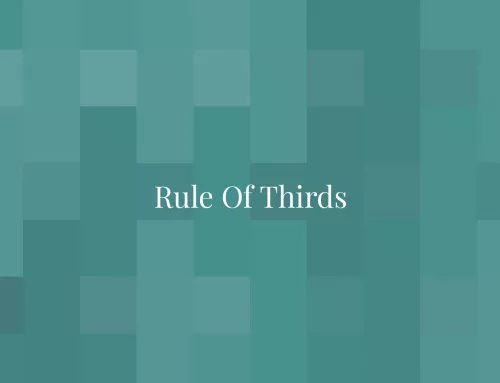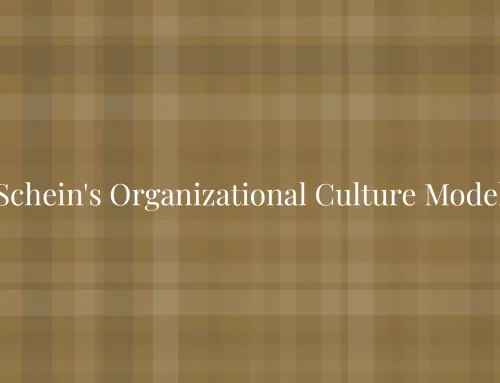It frequently happens to me. I routinely scroll through my LinkedIn feed while sipping my morning coffee. That’s when I see updates about people doing things. I see my contacts in my LinkedIn network getting promoted, going places, launching new products, etc. Furthermore, perfectly captured photos complement the updates. These updates stir a jittery feeling inside me. I find myself asking:
Why am I not doing those things?
FOMO
Social media makes us question whether we are on the right path & whether we aren’t missing out on something. Many of us are suffering from the Fear of Missing Out (FOMO). FOMO, which was added to the Oxford English Dictionary in 2013, refers to the feeling of:
Anxiety that an exciting or interesting event may currently be happening elsewhere, often aroused by posts seen on social media
It is the fear that one might miss an opportunity for social interaction, a novel experience, profitable investment or other satisfying events. It perpetuates the fear of having made the wrong decision on how to spend time. Author Salman Rushdie wrote about some of the things he missed when he was in hiding:
You can’t go into a shop expecting to buy a certain item, and then spot the item next to it, and see that is what you really wanted. You see, the pleasure was in the choosing.
Origins of FOMO
First mentioned by Dan Herman in an article on branding tools for The Journal of Brand Management in 2000[1], FOMO has since made its way into discussions of everything from vacation envy to restaurant meals and from business school parties to awards. Herman states that he became aware of the phenomenon in 1996, during a focus group for a client. He also briefly used the term fear of missing out in the paper, where he states that:
The emerging portrait is of a person and consumer who is led by a new basic motivation: ambition to exhaust all possibilities and the fear of missing out on something.
In fact, Harvard Business School student Patrick McGinnis wrote about it in 2004 for The Harbus, detailing how it affected his social life during his time in business school. If you’re interested in learning more, Joseph Reagle provides in-depth notes about the etymology.
The situation is dire. It appears that FOMO doesn’t even spare children. According to Jim Wasserman & David W. Loveland:
In a world of media saturation, children today are not future consumers of information and goods. [They are..], but targeted participants involved in a game in which they don’t know the rules or even that they are playing. Yet, one that will affect them throughout their lives.
Implications for consultants
According to a whitepaper[2] by Deloitte, consultants could leverage FOMO to drive organizational change:
While FOMO may make individuals experience negative emotions, it also drives continued viewership and active participation on social media sites like Facebook, Twitter, and Instagram. Social media is how many people receive popular opinions on culture and media topics and is particularly influential on Generation Y and Millennials. The social media experience is multidimensional. Many individuals strive to obtain goods, experiences, and especially information faster than their peers and then enjoy sharing what they’ve acquired online.
Though social media has popularized FOMO, it is a concept that should not be trivialized. FOMO is a powerful phenomenon that can drive large-scale groupthink and affect decisions with considerable economic impact[…]. This same emotional response could have equally large implications when harnessed in the workplace.
How to leverage FOMO?
However, that FOMO isn’t always a bad thing. Both the research & general public only portray the negative effects of FOMO. Yet, FOMO could be beneficial to you – the consultant. You can, in fact, leverage this effect to reap some benefits. For example, in some cases FOMO can prompt you to take action & participate in enjoyable events that you wouldn’t participate otherwise. Or, it can prompt you to thoroughly examine all available options in an engagement to recommend the best course of action to your client. Get so good that both, the client, your consulting firm & your peers can’t ignore you[3]. According to this article, FOMO is a self-determination theory, which is a psychological theory that suggests that effective self-regulation and psychological health depend on three factors:
- Competence: represents people’s need to feel that they can act in an effective manner & exercise their capabilities
- Autonomy: represents people’s need to feel that they’re in control of their life, including their behaviors and goals
- Relatedness, represents people’s need to feel that they’re connected with others & that they belong in a community
Under this framework, FOMO can be viewed as a self-regulatory issue that occurs as a result of situational or chronic deficits when it comes to meeting your psychological needs. Accordingly, low levels of competence, autonomy, or connectedness, which have been identified as vulnerability factors for behavioral dysregulation in other domains, are also associated with increased FOMO.
Overcoming FOMO
To overcome FOMO, prioritize what is important to you. Set audacious goals & consciously remind yourself of them continuously. Start with the WHY.
- You are good
- You enjoy doing, and
- The market pay you to do
John Kim of Consultant’s Mind cites an interesting book[4] by Cal Newport. In this book, the author urges us to turn off social media entirely. Personally, I feel this recommendation a bit too radical. So, I simply dial social media down.
To overcome your FOMO, you should first identify when and where you experience it. Reflect about the thought patterns & behaviors you engage in as a result of it. Think through the reasons why you experience it in the first place. Once you identify the nature of your FOMO problem, you can deal with it. Strategies, such as removing FOMO triggers from your environment will make it harder to engage in FOMO-driven behaviors. Furthermore, using conscious nudges might also help you avoid FOMO thought patterns.
References
| ↑1 | Introducing short-term brands: A new branding tool for a new consumer reality |
|---|---|
| ↑2 | FOMO: A new tool to drive organizational change |
| ↑3 | So Good They Can’t Ignore You: Why Skills Trump Passion in the Quest for Work You Love |
| ↑4 | Deep Work |




